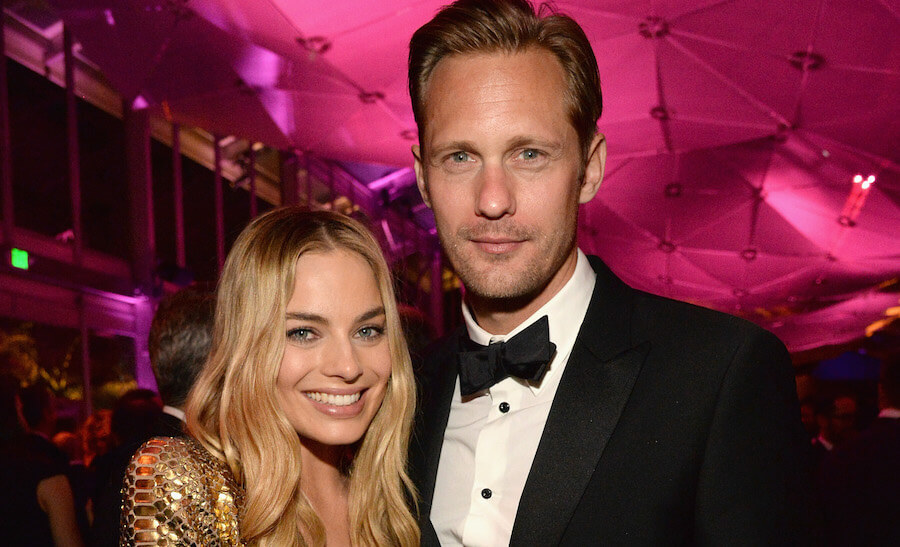The Lord of the Jungle is back for the umpteenth time since first hitting the silver screen in 1918, with the release of “The Legend of Tarzan.” Director David Yates, who was at the helm of the final four “Harry Potter” movies, attempts to breathe new life into the latest adaptation of Edgar Rice Burroughs’ Tarzan books, with Swedish-born star Alexander Skarsgard swinging into action as the titular character and siren Margot Robbie as Jane. The stars explain why Tarzan is still relevant today and how the role of women in Hollywood is slowly changing for the better. What makes this “Tarzan” different? RELATED: Interview: Samuel L. Jackson on “Tarzan” and fearing the fallout from Brexit What can you tell me about the problem of Tarzan, in earlier versions, where he was portrayed as a white savior? What do you think about women’s roles in movies? RELATED: Interview: Mark Rylance on “The BFG” and the pleasure of Roald Dahl’s language Alexander, you quit acting in your teens. How do you deal with being a celebrity since coming back? Which of your previous versions of Tarzan is your favorite?
Margot Robbie: Someone told us that there have been 48 versions of Tarzan, but a live action one has not been made in many years. Filming it was less intimidating because I feel that the audience is ready for a new version. The one I most recognize is the animated version by Disney, and obviously this is very different. When reading the script and coming to its ending, I felt it was an epic adventure, with a love story full of heart, comedy and action, with a very intelligent central idea taking place in a very interesting time in the history of the world.
Alexander Skarsgard: Watching the previous films and reading the original novels, they seem very archaic in the way they describe the natives. It was a different time, and these works are appreciated for what they were. But today we have to do something completely different. You cannot make a film of a white man who comes into the jungle and saves all natives. That’s why I love the film, because it shows what happened in the Congo during the reign of King Leopold — the genocide and how they killed elephants for their ivory and destroyed nature, which are things we’re dealing with today.
Robbie:I think they are improving. I think people finally are recognizing that half the ticket sales come from women. And if you do not create the types of roles in which women can be identified, then they are not going to enjoy those movies, and if they do not enjoy them, they won’t sell tickets. I understand that the industry is responding to this very positively, and when they send me scripts, although you can tell that the female characters are not as complex as the male, I see that they are open to work on female roles and hear the ideas that one offers.
Skarsgard: When I returned to acting, I went to a college in New York and tried to approach it in a different way. Before, if someone was watching me or recognized me or wanted an autograph, I would get paranoid. All I wanted was for no one to recognize me. And now, as an adult, I love working on these projects. I invest time and energy, and it’s great when you touch someone. If someone tells me, “I saw your movie and loved it” — that’s worth a lot to me. Now I see it as a compliment.
Skarsgard: Although they took place before my time, my introduction to the character of Tarzan was through the versions with Johnny Weissmuller, because my father loved them and I saw them as a child. My first memory of Tarzan was watching those films with my father. And I grew up in the ’80s, so I remember “Greystoke” with Christopher Lambert. That was the last [major] live action Tarzan film and that took place over 30 years ago.
Margot Robbie and Alexander Skarsgard on modernizing ‘Tarzan’

Getty Images















